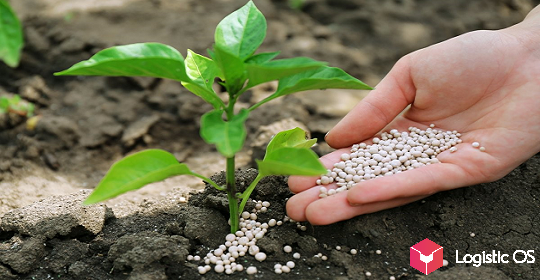According to the latest data, extending such quotas will help provide Russian farmers with everything they need.
The Ministry of Agriculture believes that extending quotas for the export of mineral fertilizers from Russia is advisable because it solves several problems at once.
Firstly, it provides agricultural producers with the necessary volume of fertilizers, which is largely the key to a good harvest and food security for the country.
Secondly, it allows maintaining fertilizer prices at an optimal level for most domestic buyers.
Finally, quotas mean that fertilizers will still be able to be sent abroad in the established volume, so Russia continues to contribute to global food security.
The Ministry emphasizes that currently, providing fertilizers to Russian farmers is the most important task, because world grain prices are at the minimum they were in 2018, while the cost of production has increased significantly, some even several times.
In such a situation, Russian companies are extremely interested in maintaining low prices for fertilizers, and quotas for their export is one of the effective tools that can help solve this problem.
“At the same time, Russian fertilizer producers can supply large volumes to the world market, contributing to global food security and maintaining the opportunity to take advantage of favorable market conditions if necessary,” notes Ksenia Bolomatova, Executive Director of the Union of Grain Exporters and Producers.
Certain types of agricultural crops are especially sensitive to changes in fertilizer prices, experts note.
One of such crops is sugar beet.
In its production, fertilizers account for the lion’s share of the cost. Therefore, maintaining comfortable prices for fertilizers is absolutely necessary to prevent sugar from becoming more expensive.
It should be noted that, despite all the efforts of the government, fertilizers in Russia are still becoming more expensive.
According to analysts, over the last year alone, they have increased in price by approximately 20-30%, which is a very significant amount.
Therefore, the measures that are currently being taken may not be enough.
In this regard, farmers have even approached the government with a proposal to introduce a duty on the export of mineral fertilizers in the amount of 15%. It is not yet known whether it will be approved.

